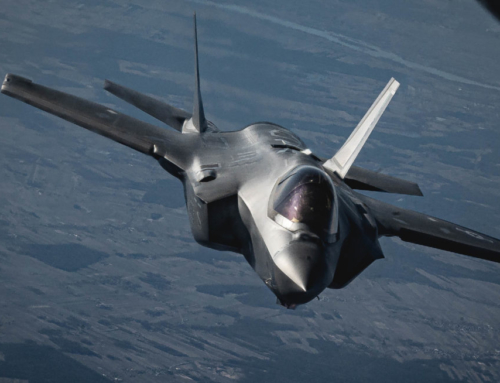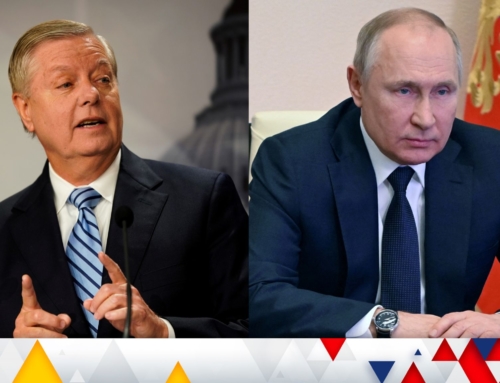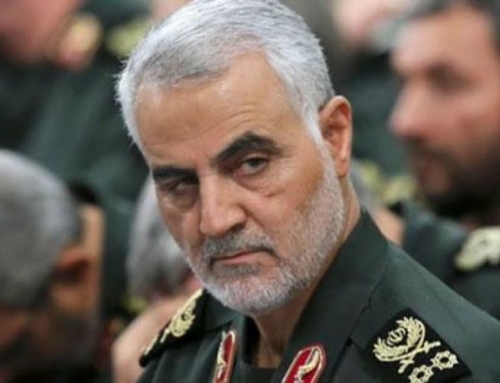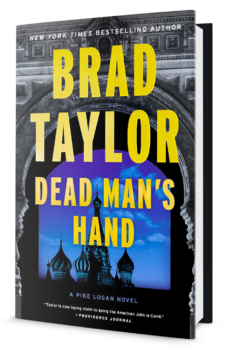Is it just me, or has British Petroleum made a conscious decision to become the most hated company on the planet? Is there a Mike Myer’s guy in the boardroom, bald headed with his pinky in the air, saying, “Yessss….Let’s get the Lockerbie bomber out of jail. So we can make some money. Then we’ll have the CEO race a yacht while the entire Gulf of Mexico is destroyed.”
Don’t get me wrong. I think the gulf oil spill is horrible, but the revelation that BP may have lobbied the UK Government to free a mass-murderer solely to gain oil concessions in Libya really takes the cake. Ordinarily, knowing the potential for the media to be off-base, I’d take that story with a huge grain of salt, but given BP’s unique history, I’m beginning to wonder.
In 1979 the world witnessed an Islamic revolution in Iran, and the capture of fifty-two US hostages. The United States attempted a rescue, which ended in disaster. On the surface, it appears that America took one in the eye attempting to free our own people from our first encounter with Islamic fascism, but in a tangled way, we caused the entire action at the bequest of an oil company. A company that would later be known as British Petroleum.
In 1953 Iran elected a prime minister named Mossadegh in a fundamentally fair campaign. One plank in the Mossadegh platform was the nationalization of the Iranian oil industry. After all, why should the British get all the profits from the oil being pumped from Iranian lands in a deal made close to fifty years before, when everyone was living in goat tents? Despite fervent attempts to stop his election, Mossadegh won, which is when the Anglo-Iranian Oil Company – the predecessor of BP – seized on the the one thing that would capture American interest: Communism. Mosedegh was a damn commie, and needed to be stopped to prevent the Persian state from falling into the Soviet sphere of influence.
One thing led to another, and at the request of the United Kingdom, the US engineered a coup, bringing Mohammad Rezā Shāh Pahlavi, otherwise known as the Shah of Iran, to power. He led the country with a decidedly iron hand, stomping out any attempts that might cause him to lose power in ways that make the US torture debate look like school-room lectures. That was fine by BP, since it got to keep its oil concessions. Unfortunately, the Shah’s heavy-handed governance eventually caused his overthrow in 1979 – and the ensuing hostage crisis.
Now, I’m not making any judgments on those actions. Mosedegh did have decidedly communist leanings, and it was a different time. Communism then wasn’t the joke it is now. The Soviet Union had detonated its first atomic bomb merely four years before, and was the sole power that could obliterate the United States. School kids were doing “duck and cover” drills instead of mathematics, and we were wondering about the end of our way of life.
On the other hand, you would be hard pressed to find a single covert action that has had a greater impact on United States foreign policy, and it’s instructive to remember how such actions in our greater defense can have unintended consequences that echo far beyond the initial purpose.
And that an oil company, in the name of profits, chose to push for a solution solely to benefit its bottom line. Which apparently continues to this day.










You are absolutely right about the overthrow of Mossadegh being the covert action with the greatest impact on US Foreign Policy. Most Americans have no idea of the reason for Iran’s eminity towards us. If “know your enemy” is the first rule of Sun Tzu, then we are sorely lacking in terms of our knowledge of Iran.
Keep up your blog, Mr Taylor. Americans need to read this stuff.
The Art Of War…
…A post I read a while ago over at…